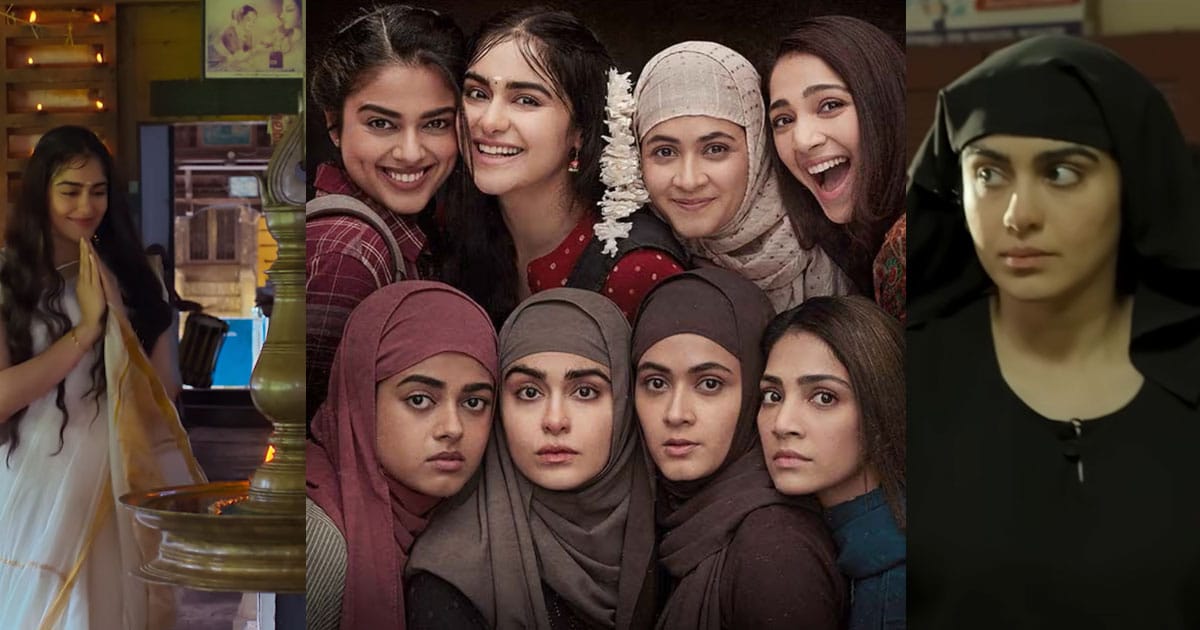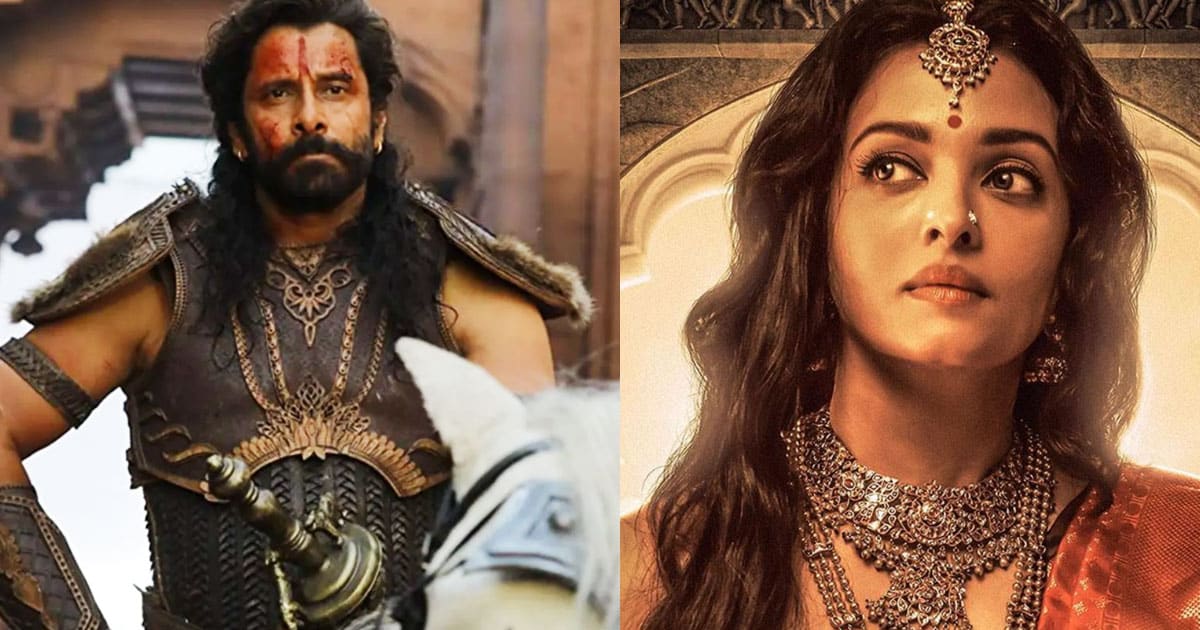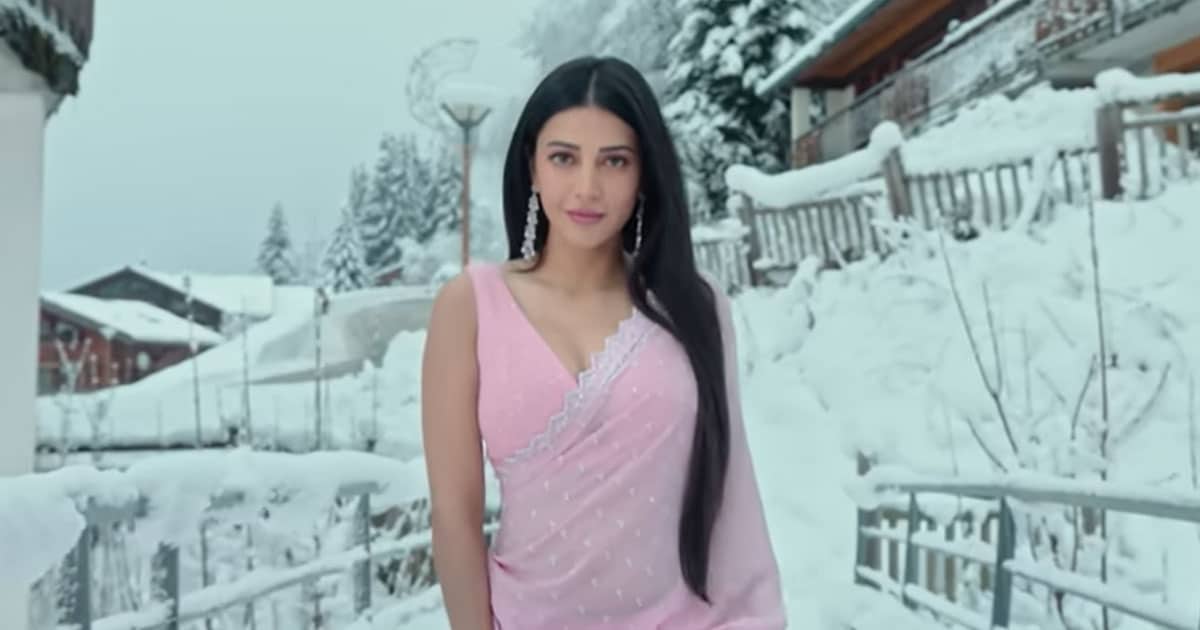The Kerala Story – this upcoming film has been engulfed in controversy due to its plotline involving four Hindu college women in Kerala converting to Islam.
The film’s trailer, released recently, has sparked a heated debate, with some accusing the filmmakers of promoting religious conversion and others accusing them of spreading communal hatred. The Kerala Story by Vipul Amrutlal Shah showcases how ISIS used “Love Jihad” to lure three women to Syria.
According to the storyline, the film’s plot centers around the four College students who convert to Islam for various reasons. The film depicts their journey as they face opposition and discrimination from their families and society, ultimately leading to them joining a terrorist organization.
The Kerala Story trailer has faced strong opposition and criticism from various quarters. Some accused the filmmakers of promoting religious conversion, and others accused them of spreading communal hatred. Many Hindu community members have taken issue with the plotline, arguing that it is an insult to their religion and heritage.
They argue that the depiction of Hindu women converting to Islam is historically inaccurate and culturally insensitive. Some have also accused the filmmakers of promoting a Hindu nationalist agenda through the film.

On the other hand, some Muslim community members have also criticized The Kerala Story for promoting negative stereotypes about Islam and Muslims. They argue that the plotline perpetuates negative stereotypes about Muslims and portrays them as terrorists. They also point out that the plotline is inaccurate and potentially harmful, as it could fuel anti-Muslim sentiment and prejudice.
The controversy has also raised questions about the responsibility of filmmakers to represent religion and culture accurately. Many have argued that the plotline is a distortion of reality and that it promotes a biased and inaccurate portrayal of Islamic traditions. Filmmakers should refrain from using their platform to promote falsehoods or stereotypes.
However, others have argued that filmmakers have the right to creative freedom and should not be censored or criticized for their artistic choices. They argue that The Kerala Story is not intended to be a historically accurate portrayal of Kerala’s culture and traditions. They also argue that censorship is not the answer and that individuals have the right to watch or not watch the film as they choose.
The filmmakers responded to the controversy, stating that The Kerala Story is a work of fiction and is not intended to promote any particular agenda or viewpoint. They have also defended their right to creative freedom and argued that they should be allowed to tell their story without fear of censorship or criticism.
The controversy surrounding The Kerala Story plotline highlights the complex and often contentious issues when depicting religion and culture in a work of fiction.
The plotline has left the viewers divided. However, the good thing is that, ultimately, the debate raises important questions about the responsibility of filmmakers to represent religion and culture accurately and highlights the need for greater awareness and respect for diverse religious traditions.
What’s your take on it?



